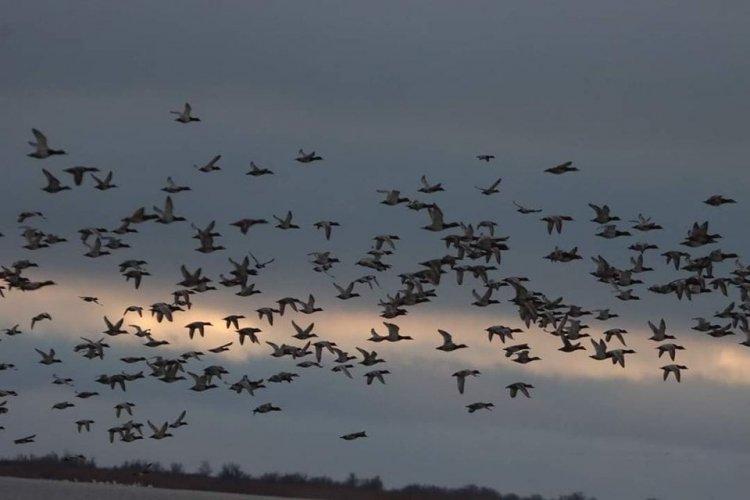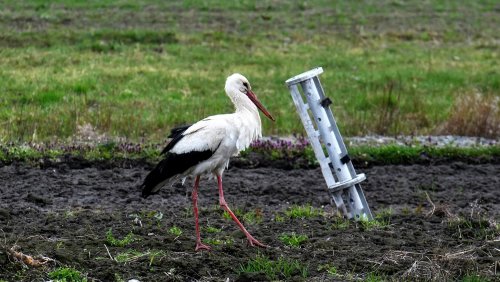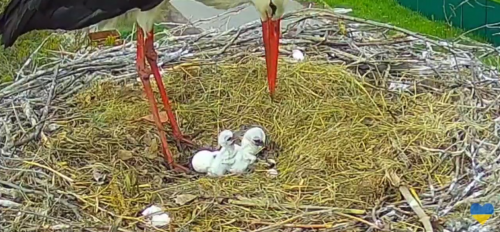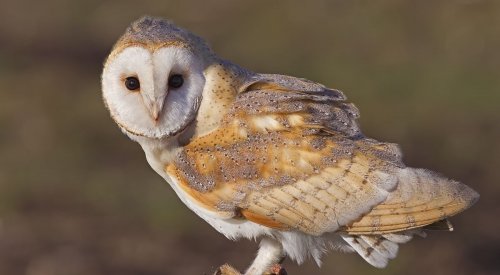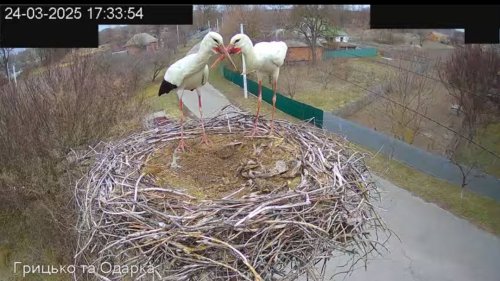About 12,000 species of ducks stopped in the national natural park "Tuzlivski lymani" in Odesa region, in the water area of the Maly Sasyk estuary, among which grebes, broad-nosed ducks, little, mallard, and grebe.
The photos of the birds were published on his Facebook page by Ivan Rusev, a biologist and ecologist of the national park.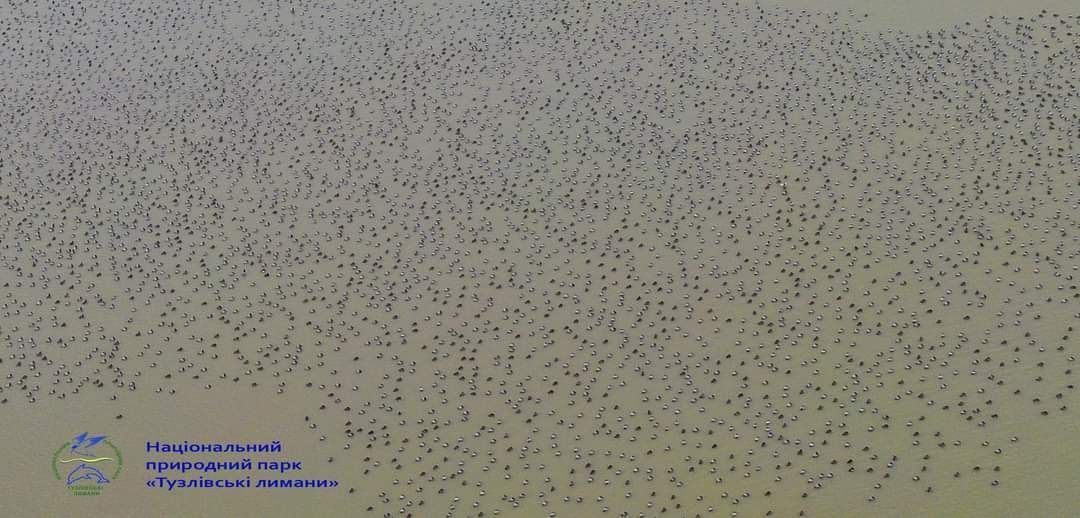
He said that the birds swim around the estuary 24 hours a day in search of food and carefully look around to avoid being caught by predators. If the birds see an enemy, they fly away quickly and noisily.
Rusev also added that cinderellas dive well to depth, spending up to 30 seconds under water on average. This is how they find molluscs, insects, fish, nutritious aquatic plants, seeds, etc.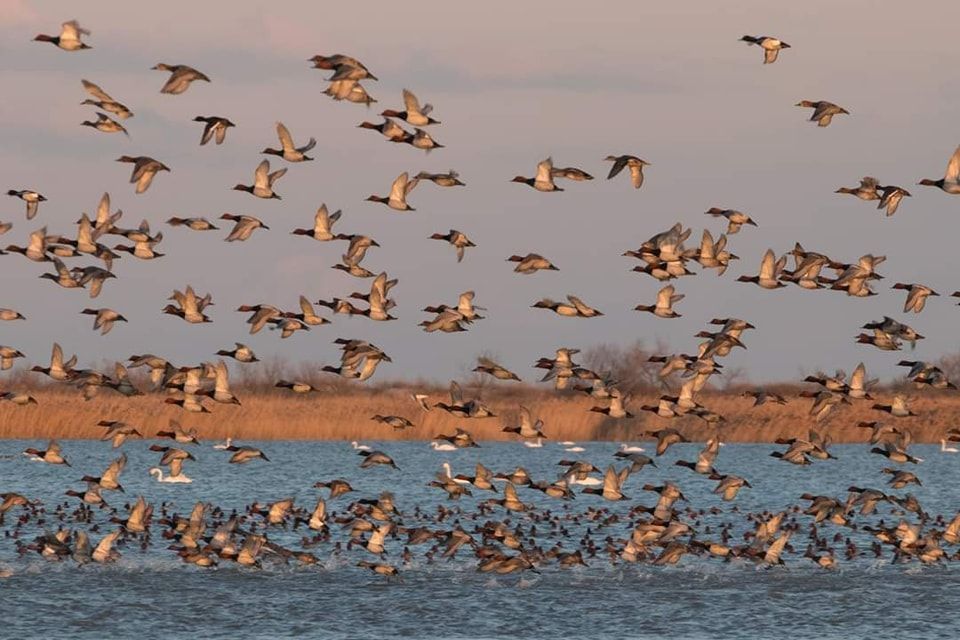
"The destruction of wetlands under the pretext of so-called land reclamation, the construction of reservoir banks, the pollution of reservoirs, the construction of river banks, and the destruction of birds by hunters are threatening factors for the cinder," the biologist said.
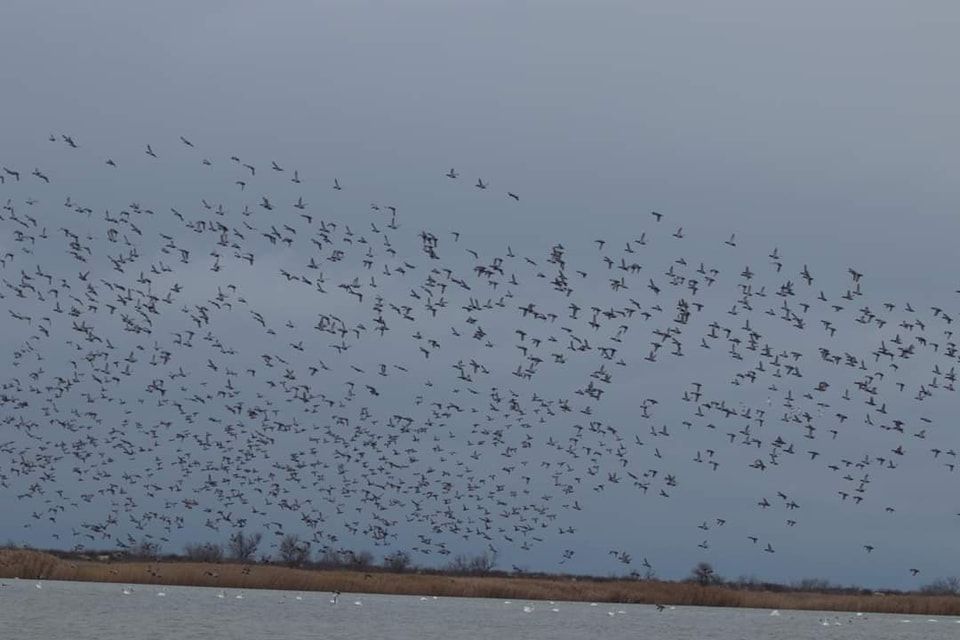
He emphasized that to preserve the species, it is necessary to strictly protect all types of rivers and other water bodies, as well as limit hunting. The cinderella is protected by the Bonn and Berne Conventions, the AEWA Agreement and the EU Directive on the Protection of Wild Birds.
Earlier, EcoPolitic wrote, that thousands of mammals and birds died in Odesa, including more than 1,000 pheasants, hundreds of gray crows, rooks, badgers, foxes, jackals, etc. Pesticide poisoning was the probable cause of the plague.
As EcoPolitic previously reported, 600 million nesting birds have disappeared in Europe and Britain over the past 40 years - approximately 17-19%.

